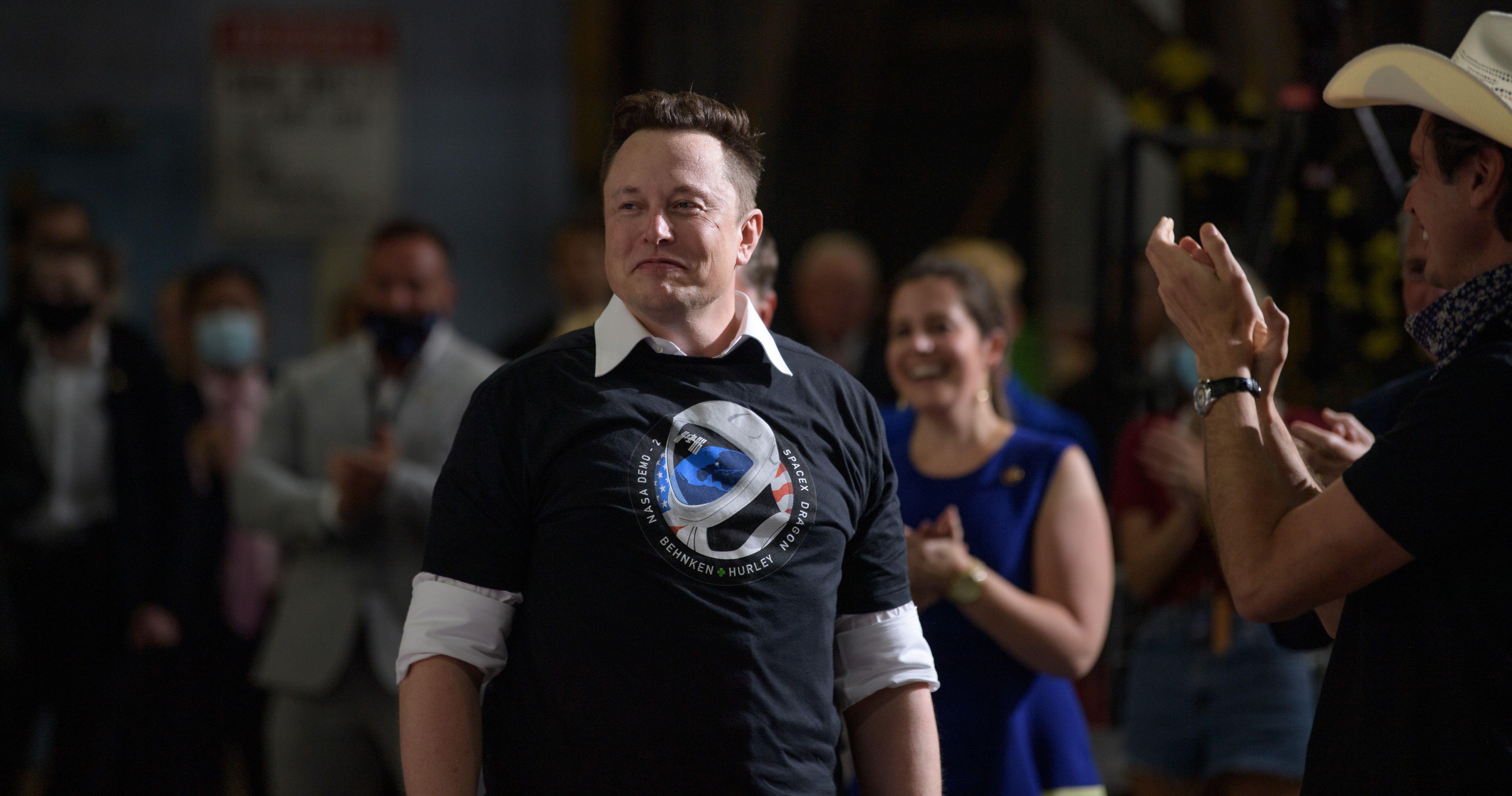A Question Worth Asking
What if everything you’ve been told about work-life balances wrong? What if the secret to extraordinary success isn’t found in mindfulness retreats, long weekends, or PTO policies—but in relentless, obsessive, all-consuming work? Before you dismiss this idea, consider the man who’s redefined electric vehicles, privatized space travel, and reshaped social media. Whether you admire him or not, Elon Musk’s results are hard to ignore. And his philosophy? It’s not for the faint of heart.
The Man Behind the Mantra
In an interview that’s become infamous among entrepreneurs, Musk laid out his mantra with brutal clarity:
“Work like hell. I mean you just have to put in 80-to-100-hourweeks every week. This improves the odds of success. If other people are putting in 40-hour work weeks and you’re putting in 100-hour work weeks, then even if you’re doing the same thing you know that you will achieve in 4 months what it takes them a year to achieve.”
This isn’t just talk. Musk has been known to sleep on the Tesla factory floor during production crunches, skip holidays, and work through weekends. His commitment is legendary—and it’s paid off. Tesla’s market value has eclipsed every legacy American automaker. SpaceX has revolutionized space travel, launching reusable rockets and partnering with NASA. And X (formerly Twitter), while controversial, remains a central platform in global discourse under his leadership.
Defining the Grind: What “Work Like Hell” Really Means
To Musk, “working like hell” isn’t just about clocking hours—it’s about intensity, focus, and sacrifice. It means prioritizing your mission above comfort, leisure, and sometimes even relationships. It’s the opposite of balance. It’s imbalance by design, a deliberate tilt toward obsession in pursuit of something greater.
This philosophy flies in the face of modern corporate culture, which often emphasizes wellness, flexibility, and balance. But Musk’s results suggest that while balance may preserve energy, it rarely builds empires. His approach is about compressing time—doing in months what others do in years. It’s about urgency, ownership, and an unrelenting drive to solve problems.
The Results Speak Louder Than the Critics
Critics argue this leads to burnout, and they’re not wrong. Musk himself has admitted the toll:
“It hurts my brain and my heart.”
But he also insists that this level of commitment is what separates the dreamers from the doers. In a world where most professionals take every holiday, every vacation, and every Friday off, Musk’s approach is a stark contrast—and a challenge.
Tesla didn’t become the most valuable car company in America by following the rules. SpaceX didn’t land reusable rockets by working banker’s hours. And X didn’t survive its chaotic transition by playing it safe. These are the results of a founder who lives at the edge of exhaustion—and thrives there.
Magnetism of the All-In Mindset
There’s another benefit to this mindset: it attracts others who share your intensity. When you commit fully, you magnetize talent, partners, and investors who believe in your mission. You build a culture of excellence, not entitlement. You create momentum that can’t be faked or outsourced.
Entrepreneurs who adopt this philosophy often find themselves surrounded by people who are equally driven. It’s not just about working harder—it’s about building something bigger than yourself. And that kind of vision requires sacrifice.
A Challenge to Alamo City Business Leaders
As we wrap up this Labor Day weekend, it’s worth asking: What kind of labor are we celebrating? The kind that punches out at 5 p.m., or the kind that builds empires? Elon Musk may be controversial, but his results are undeniable. He’s left the American auto giants in the dust, launched rockets into orbit, and taken over one of the world’s most influential platforms—all by working like hell.
So, here’s the challenge: If you’re a business owner, a founder, or a professional with a dream—ditch the balance. Embrace the grind. Work like hell. Because in the end, it’s not about hours—it’s about impact. And impact doesn’t come from comfort. It comes from commitment.
"It’s Labor Day weekend, and I’m writing this from an IT support firm—so yes, I’ve drank the Elon Kool-Aid, and if you care about innovation, maybe it’s time you did too." Because whether you're grinding in Silicon Valley or building something bold in San Antonio, the truth remains—success demands you work like hell.










